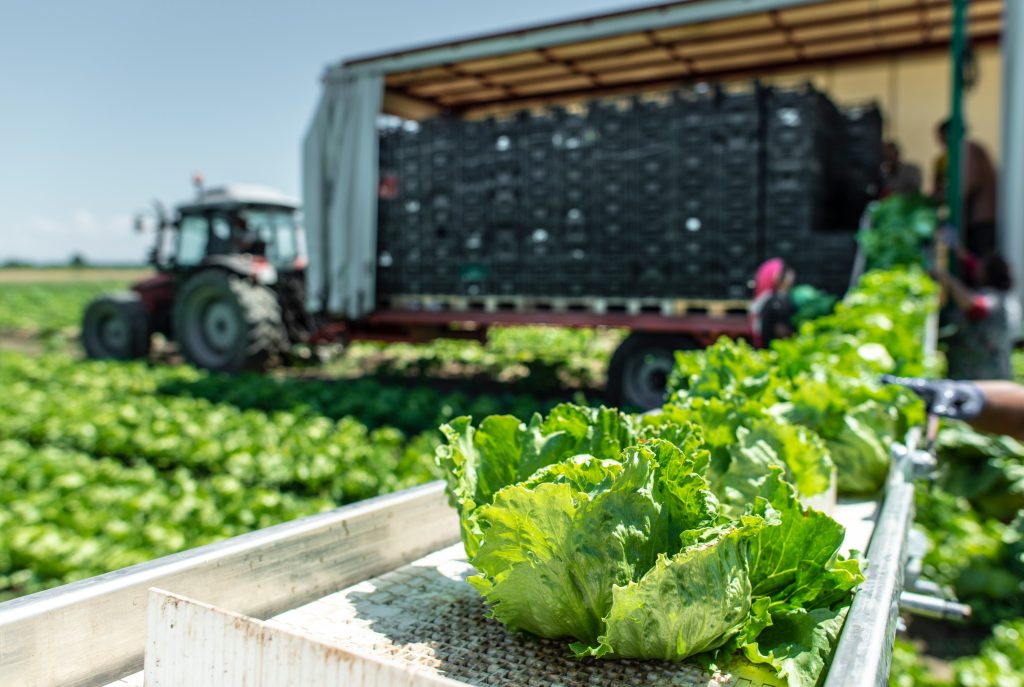The Inmarsat I-4 F1 satellite, which provides services for East Asia and the Pacific regions, experienced an outage on Sunday, causing concern from farmers and industry groups regarding their backup systems. Inmarsat confirmed the outage resulted in a temporary loss of services from the satellite, but it immediately implemented service recovery procedures. The incident highlights the vulnerability of modern farming and other industries that rely on satellite technology for precision and efficiency.
One of the consequences of the outage was that some farmers who used the Inmarsat service lost access to GPS services for precision farming. The downstream services included using GPS to sow crops, fertilise, and spray, leaving farmers to resort to more traditional methods to continue planting or spraying. The impact of the outage also extended to maritime safety systems, and Inmarsat has had to prioritise safety services during the outage, transferring maritime safety services to a contingency satellite.
The National Farmers’ Federation (NFF) expressed concerns about a long-term outage. A spokesperson said they expected up to two-thirds of grain growers seeding this week to be affected by the outage. The situation has highlighted the dependence of modern farming and other industries on satellite technology. It has underscored the importance of having backup plans if something goes wrong.
The Australian Farm Institute (AFI) has also raised concerns about future data security issues. The incident serves as a wake-up call to address potential vulnerabilities that adversarial entities could exploit. The Institute further explained that it was a vulnerability that could be taken advantage of and that it was important to ensure that the critical data and GPS technologies needed for modern farming are secure.
The incident has prompted farmers and industry groups to examine their backup systems for technology and serves as a reminder to remain eternally prepared for potential outages. The reliance on satellite technology for farming and other industries is significant. This incident has highlighted the need for contingency plans to avoid disruption and financial losses.





